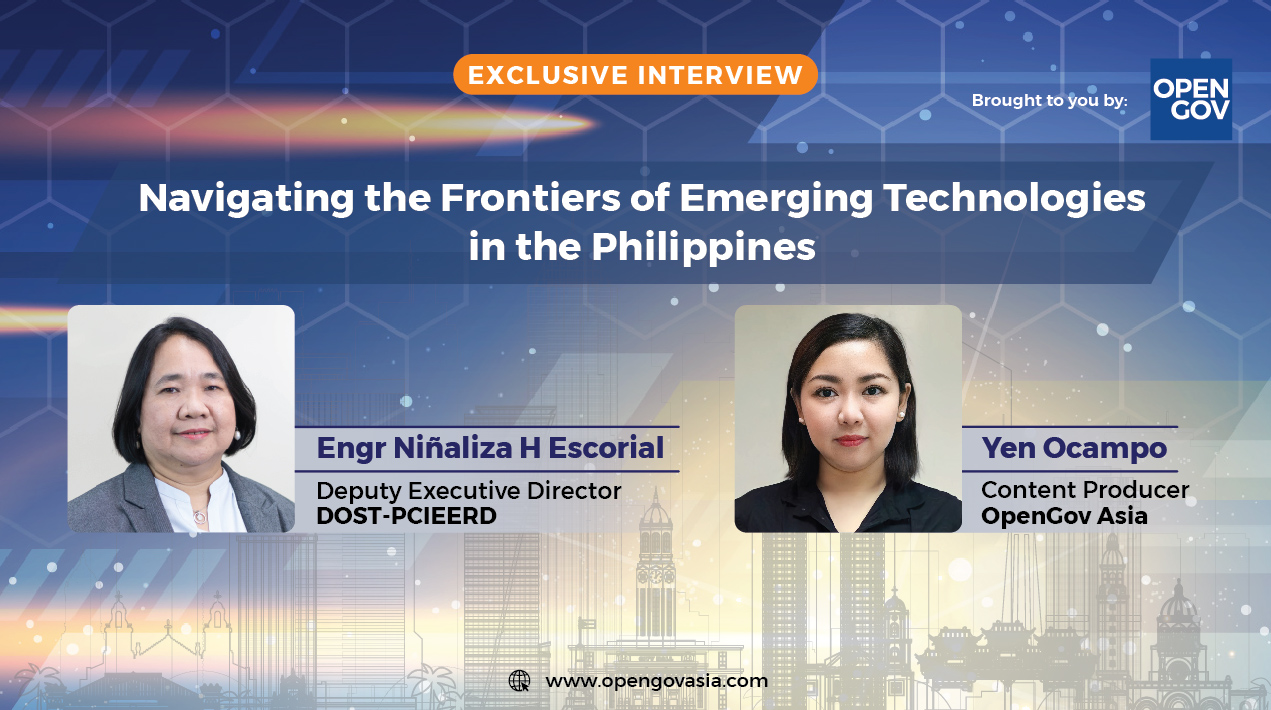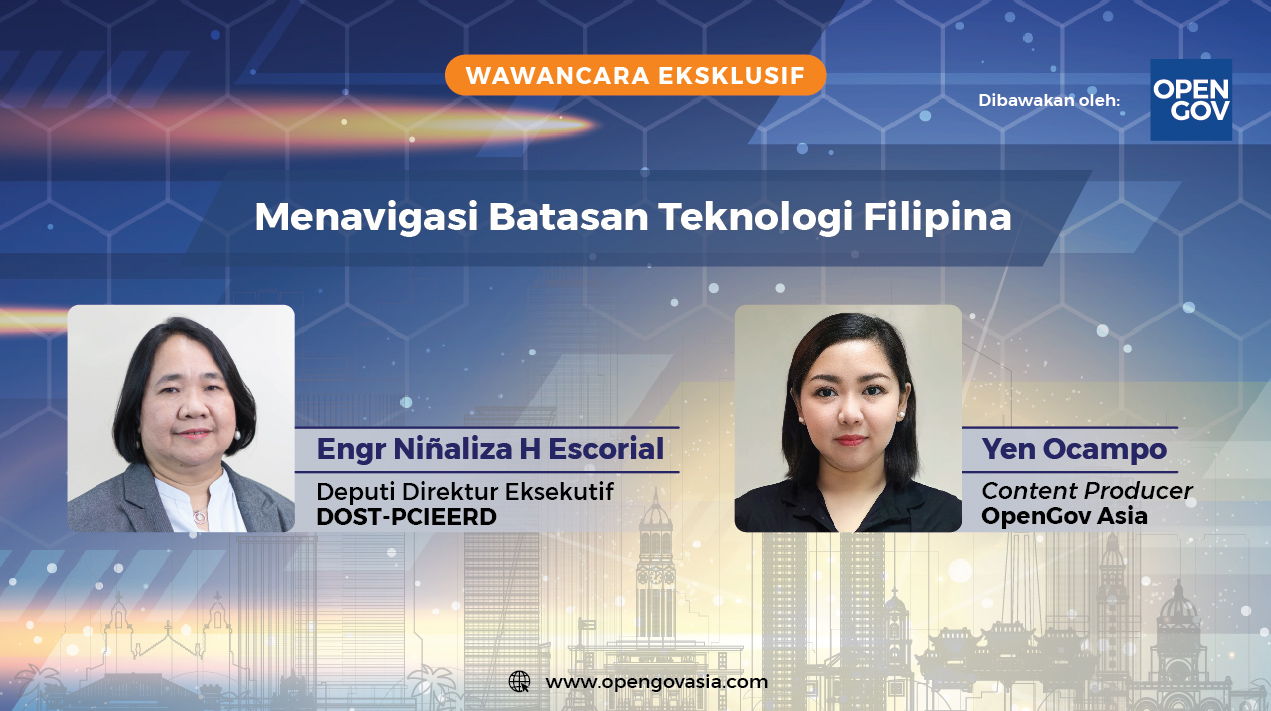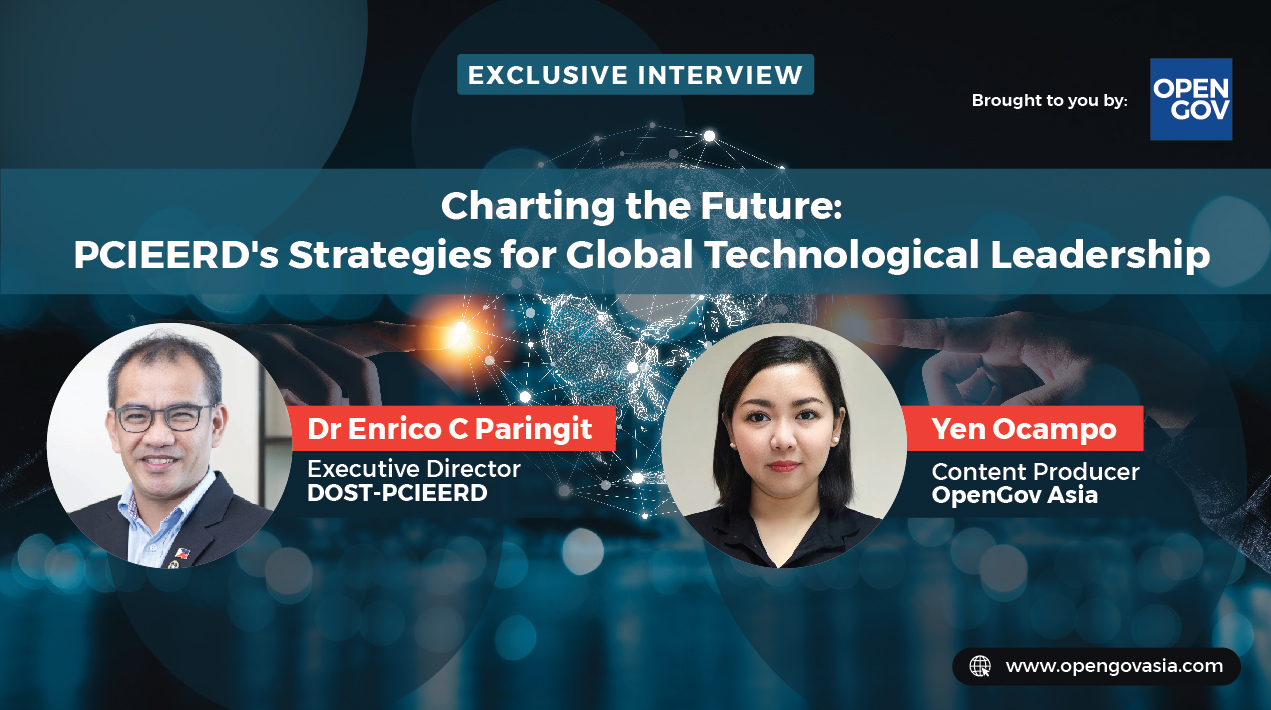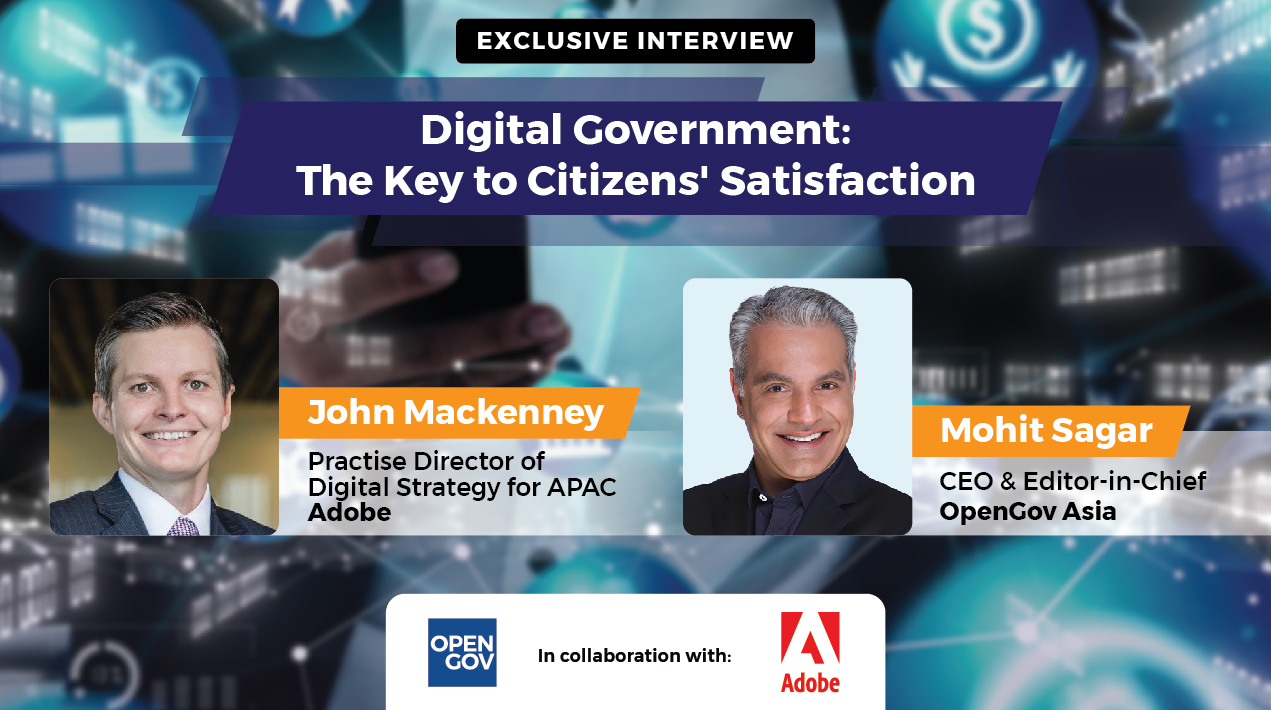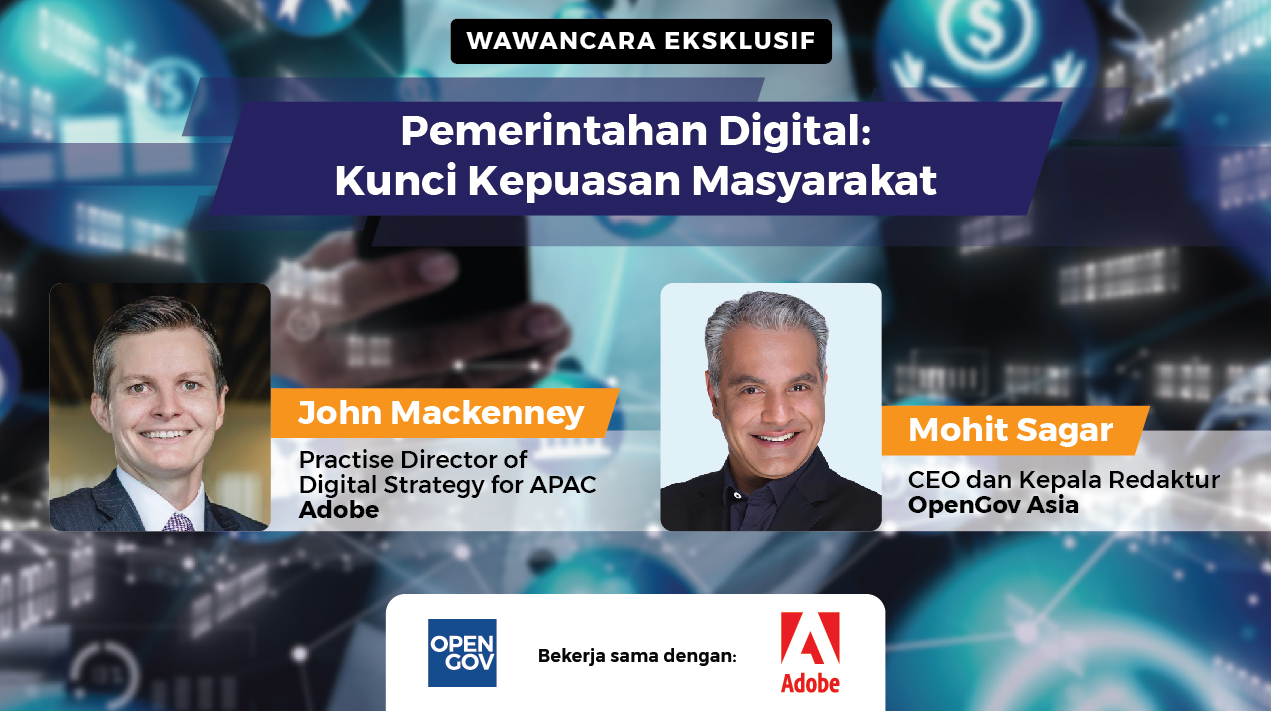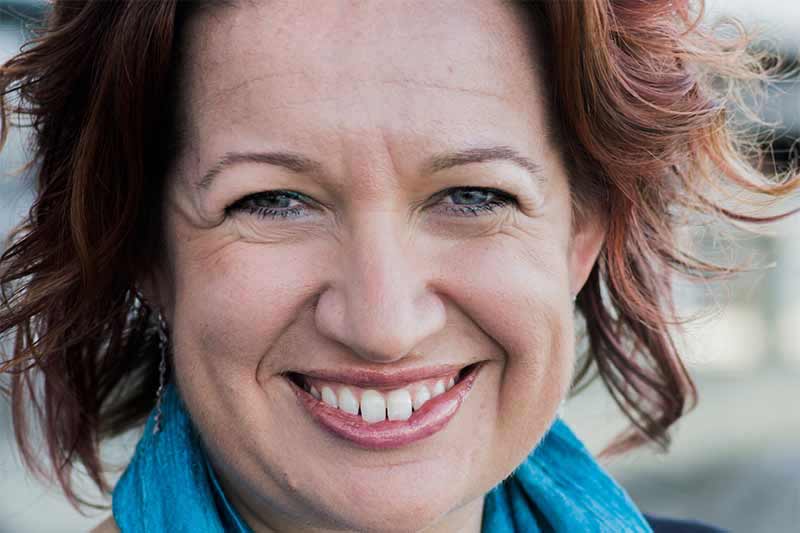
Who is this person – the Chief Digital Officer?
Are they here for a short or long time and should CIO’s be concerned?
CIO’s are starting to feel the heat and it’s not the weather. Since about 2005 the role of Chief Digital Officer (CDO) has been increasing. The speed of that increase has started to grow experientially. Not only does it look like many companies are now either considering the creation of the role of CDO, but it looks to becoming a very serious position.
It is expected that a quarter of all companies in the world will not only appoint a CDO, but they will be invited to join the senior executive table. This role looks like it will coexist with what has traditionally be the realm of Chief Information Officer (CIO) then the Chief Marketing Officer (CMO). There is indication that potentially the CIO and CDO will become indistinguishable.
Recently I have the chance to interview the Chief Digital Officer for the City of Brisbane, Cat Matson. In the interview I asked Cat a number of questions in relationship to the question of ‘who is the CDO?’. I started by asking Cat to tell me a little of her back ground.
“So my background is actually being a small business advisory. Really from the get go, whether that was in marketing, coaching, whether it was in strategy or it was facilitating workshops. I have a bit of a bent when it comes to all things tech and geek. I think I was in the first band of people in Australia using twitter. Certainly one of the early people to build an interactive website for my small business at the time. Particularly with social media. What surprised me about social media was for the first time small business had access to mass market channels -which they could use to level the playing field with the bigger players.
How did I come around in this role – I spend a period of time heading up a marketing agency with a heavy focus on digital. I then spent about 18 months starting a social media software start-up company. The CDO role was advertised and someone sent it to me. Till this day I don’t know whether it was sent to me deliberately or whether I was part of a distribution group. But I looked at it and thought that it was interesting. What the city would ask about my background and expertise was that it was in that small business space and it was in that strategic space. The key part of this role is about building capability in the small business community. Brisbane has a very large small business community and the main focus is on driving innovation. Innovation is happening in start-ups so when you add in expertise it accelerates the process. With these two building blocks in place, we move to a smart connected city as well.”
What attributes are important for a Chief Digital Officer to be effective?
In my research across the internet, reading and discussions with CDOs and CIOs there seems to be a consistency in the skills required by a CDO to be effective. They may vary slightly but I believe they focus around several points, these being:
An ability to tell stories:That ability to engage and create those word pictures that everyone sees themselves in. Defining a digital strategy that people can see the possibilities, how their lives would be better with the intended technology. CDO’s need to be outsiders to technology as the role is about the digital transformation which is not the technology but that personal integration to people’s lives without feeling it impacting them.
Digital capabilities: To know where the organisation is within the digital landscape. From this point a CDO can then plan where and how to get to their digital destination.
Innovation:The ability, not only understand the products, but see the process of innovation, which will enable organisations to arrive at new and innovative business models. Enabling fresh ideas for the market place and to be focused on the outcome.
Understanding technology and its potential:It’s more about executives understanding technology’s capabilities. It’s not about more technology. How will it improve our processes, can it save us money or both – it’s about making life easier and more user centric.
Execution:The ability not only to tell the story but show how digital can improve and simplify everything. It about achieving the outcome or endgame and re-inventing the processes to achieve that outcome. There is no point in repeating the past and just replicating it. If the process of the past were bad, digitising is only going to speed them up. It’s about the execution of transformation into a new world order.
Most important influence: Change is always a challenge and unless you have engagement and the ability to influence transformation is hard, if not impossible. The CDO needs to have a diverse set of skills. Bringing about transformational change in how a business works and is conducted the CDO must be the guide and pioneer and influential if they are to bring their organisation along. Having the ability to positively influence executives, boards, staff and vendors. Especially partnering with the other C-suite members who may feel threatened. They could challenge, stall and/or jeopardise the outcomes. So partnering both internally and externally are mandatory and having full buy-in.
Cat believed the attributes she needed for the role to be successful were:
“Strategy first, strategy, strategy, strategy. The ability to understand human behaviour and human desire. I think it’s actually really easy- at the moment in time to get so caught up in the promise of the tech that we forget that we’ve got to keep the building and the people. We have to keep enabling people. Even as technology gets really cool, whether its robots or artificial intelligence, people are people and they’re not necessarily predictable and they’re not necessarily rational. Today they might want google to direct their every movement, but tomorrow they might want to be a more random approach to the desired outcome.”
It is about the application of the technology and not the technology per say. Cat said, “Exactly, and in terms of the key attributes that ability to discern strategic need and strategic application from fad, what’s cute and fun right now, and what’s going to have long term benefits.”
In your role as Chief Digital Officer what have been your successes?
“I am always challenged with that question. In the 18 months that I have been here, we have seen a lift and update and improvement in the number of small businesses attending our small business workshops. We’ve seen improvement in the small business capability and confidence in using the right digital platform for their business. In start-up spaces, we’ve seen recognition for the work we are doing. Whether it be in visiting entrepreneurs from around the world, or whether it’s connecting local entrepreneurs with start-ups with the wider ecosystem. We’ve just finished piloting an entrepreneurship 101 program in partnership with MaRS Discovery District in Toronto. And one of my personal success stories –
A man in his mid-40’s who has always been employed by someone else was given a redundancy. He joined the program as a way of learning to do a business, and now he’s so excited about building a business. That will be basically repurposing and selling hessian bags so they don’t sit in landfill any more. This is just such a simple business. He is in his mid-40’s never knew anything about the start-up business before, and now he’s getting into it. For me my successes are the individual ones.
Another really good one is a local entrepreneur who has just raised 1.1 million dollars of funding for his business card management app. This came as a result of one of our visiting entrepreneur’s programs, and meeting the entrepreneur who has strong connections in Silicon Valley.”
As the Chief Digital Officer do you believe you have the influence over the digital agenda in your organisation?
“Slowly. As my role is far more outward facing than inward facing. Hence the influence I have had on our organisation agenda has been more by contamination rather than deliberate. By my own organisation, what I mean is Brisbane Marketing, which is the Brisbane Economic Development board. Have said that the influence that I have had on Brisbane City Council, the councillor the decision makers in that organisation has been a lot stronger, because they see what I speak about more often and so they come to me for that strategic advice.
So you are coming at this role really form the role of Chief Marketing Officer perspective? Cat said, “More a Chief Ambassadors angle.”
How does the role of CDO interact with your C-Suite or the City Council or is it more they give you your direction?
“Part of the reason why I am in this role, and why I was the successful candidate was that I brought with me an existing profile. I have been able to leverage that profile in blog posts, in speaking engagements that then drive the market communications. For example, this week I was sighted in an article in the conversation around smart cities. This has become our response in the smart city conversation. This will set the direction and before one knows it – you are being influenced in the smart city conversation. I don’t do marketing, I just do my stuff and people catch on.
The role of Chief Digital Officer is quite new starting back in 2005. Why do you think this type of role came into existence?
“Because there needs to be someone who has overview wider than the technology. They need to take into account the strategy piece, not just the hardware piece, and with the people piece. Having said that, every single CDO that I have met, brings with them a very different flavour and they have a different remit.”
Do you see the role of Chief Digital Officer becoming obsolete over time at Brisbane City as they become more digital?
“Well I have been saying for years in Marketing, that I look forward to the day when we no longer have a Digital Marketing Department. The fact that we have marketing departments and digital marketing departments blows me away. In the same way I imagine, we will get to a point in the not too distant future, where we no longer draw the distinction between analogue and digital.
Having said that, as the change continues to increase in velocity and as the check becomes more and more cognisant, there will be another role that will need to come in. The CDO does span a number of different portfolios, if that role disappeared, I am not sure what would replace it, whether it be a Chief UX designer or something like that.
What do you see as your goal as CDO now and into the future?
“My current goal is being around and influencing strong, like-connected cities platform or frameworks which we can build. Making sure that we are having the conversations that we need to have when it comes to governance, policy and protecting ourselves from ourselves in the future. Making sure we have the right policies in place now for a not so benevolent government three or four years down the track. My nightmare is that we wake up in 20 years’ time and realise that we can no longer remove ourselves from the grid, because the grid is everything about us.
In the small business sense, making sure our small businesses really are truly engaged in the digital economy and not feeling that it is something done by the funky end of town. Putting Brisbane on the map when it comes to Start-ups. It frustrates the living daylights out of me that at the moment the start-up business here in Australia need to be in Sydney or Melbourne, it’s not true, its all-around. I want to see an international start-up business framework not a country by country let alone city by city, and to that end I would also like to see a couple of not unicorns by their very definition, being very unique but a couple of multi-million-dollar start-up based here and staying here in Brisbane “.
Cat Matson will be speaking at the NSW OpenGov Leadership Forum on September 13th with 30 other CIO and CDO’s including the newly appointed CIO/CDO for the NSW Government, Mr Damon Rees. For more information on this leading forum, please contact Leon Kantor on leon.kantor@opengovasia.com



